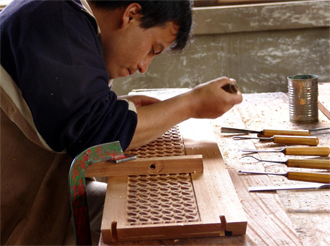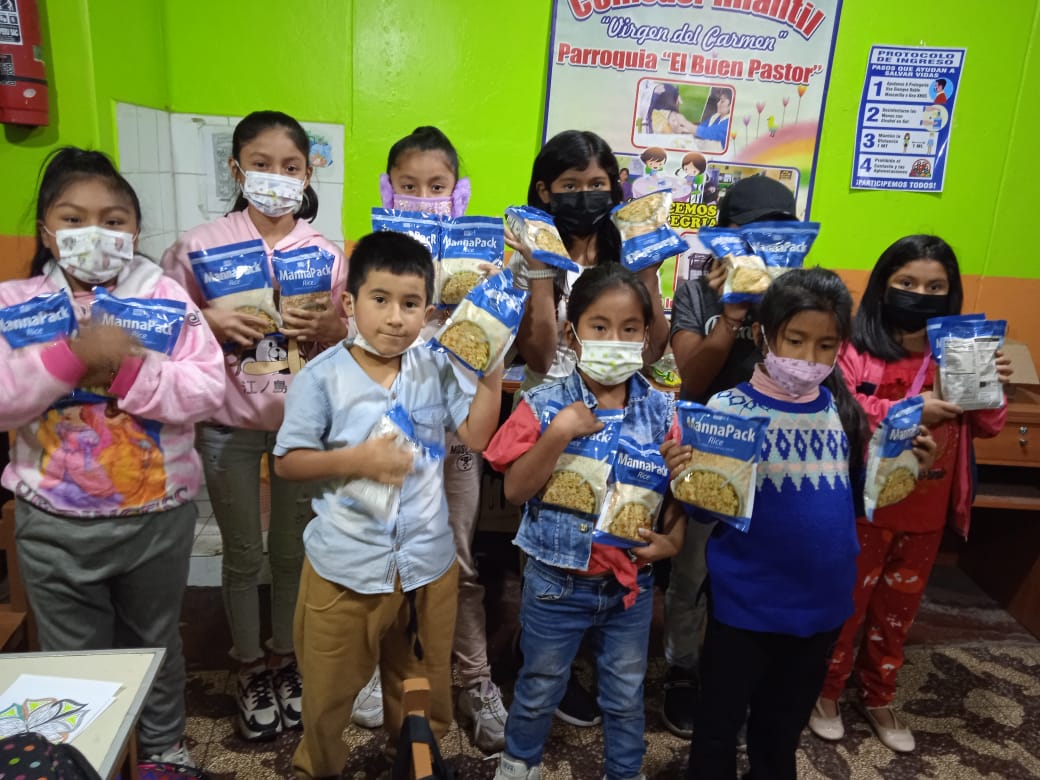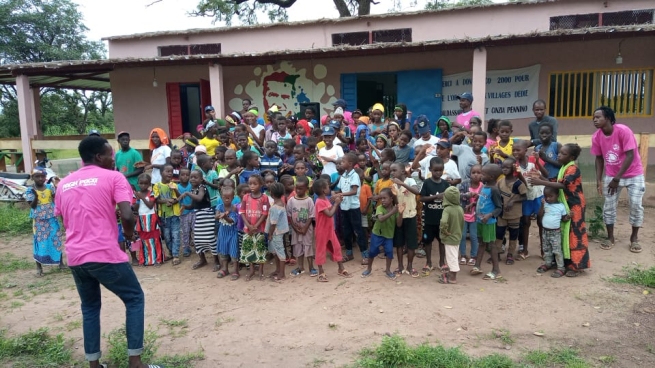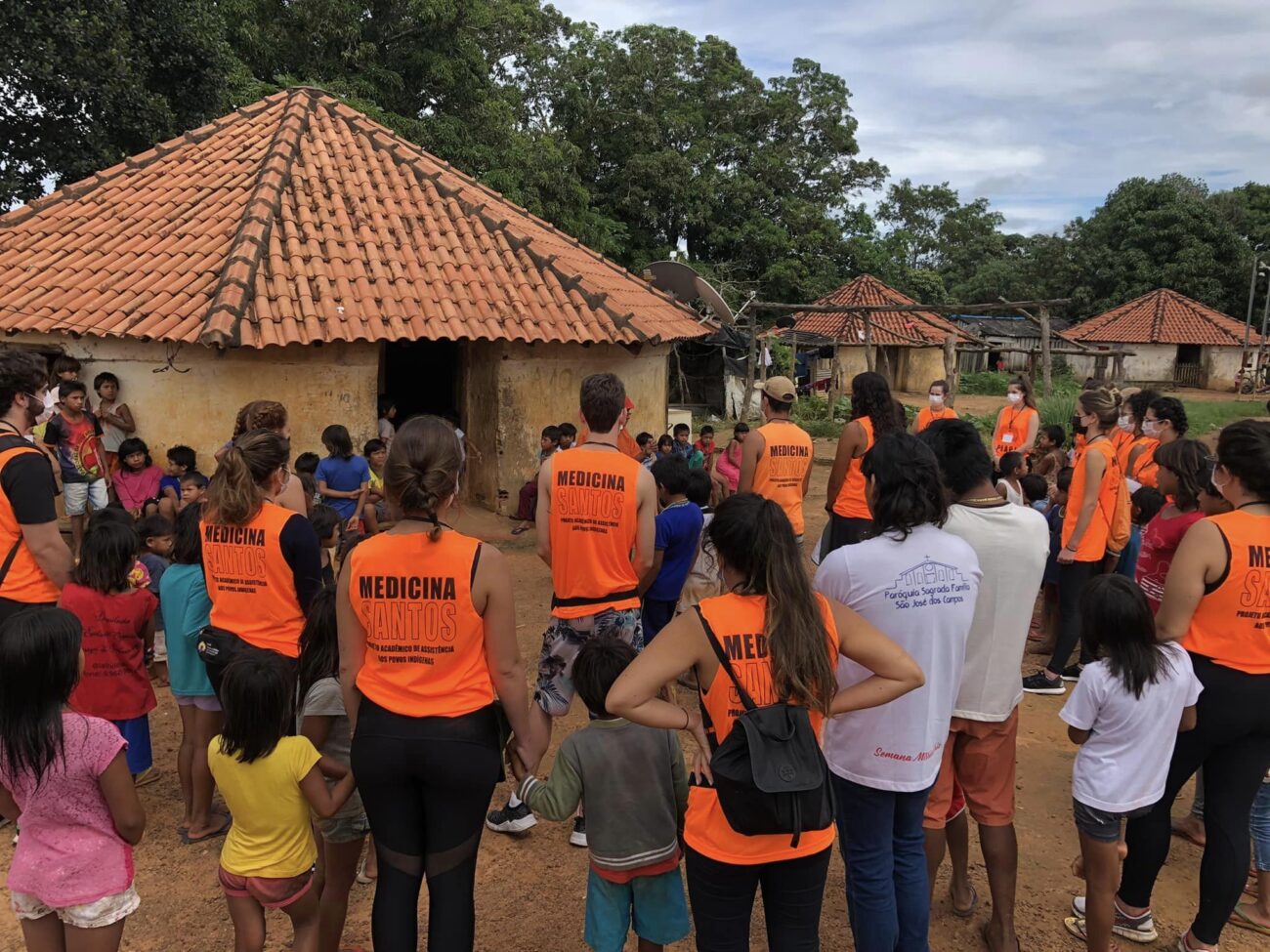PERU: Don Bosco Woodcarvers Cooperative Provides Education and Employment Opportunities for Poor Youth

(MissionNewswire) Peru faces high levels of income inequality and has more than a quarter of its population living in poverty, according to the World Bank. Poverty levels are significantly higher in rural areas but urban areas struggle most with inequality, most notably metropolitan Lima, the capital city of Peru. Poverty in the country is made worse by a shortage of productive farmland and a lack of job skills among women entering the workforce in addition to inadequate housing, nutrition and education.
Peru has also been plagued by hunger and disaster. According to the World Bank, close to 25 percent of children in the country are chronically malnourished. Communities continue to rebuild after an 8.0 earthquake in August 2007 which killed more than 500 people in the central coastal cities of Chincha, Pisco and Ica and injured hundreds more. The quake destroyed close to 60,000 residential and commercial buildings, leveled hundreds of acres of farmland and left countless Peruvians without means of livelihood.
Salesians in Peru have provided life-saving support and education to poor youth and their families as well as helped with rebuilding efforts after the earthquake. Salesians focus the majority of their programs on education and workforce development, helping to ensure that young Peruvians have access to the education and technical skills training that will enable them to find and retain long-term stable employment.
Through the Don Bosco Woodcarvers Cooperative of Chacas, young men have the opportunity to become skilled craftsmen. Each year, the cooperative admits 25 new students from impoverished backgrounds who want to advance their education and learn the woodcarving trade. Some of the students have been orphaned and many others are living in farming communities on family farms with little land, few animals and limited opportunities.
“Every young person deserves a chance to have a better life,” says Father Mark Hyde, executive director of Salesian Missions, the U.S. development arm of the Salesians of Don Bosco. “This program helps young men who have very limited future prospects for stable employment and provides them the education and skills necessary to escape conditions of poverty. They are then able to help their families and communities.”
The cooperative provides a free five-year residential education program, recognized by the government, which includes high school education and job training. In addition to traditional academic classes, the cooperative education teaches students to paint and work with glass, wood, metal and stone. In the third year of the program, each student chooses a specialty. Upon graduation, a tool chest of saws, hammers, chisels and other equipment is given to each graduate who then may choose to start his own business or become a member of the cooperative.
Currently, 650 woodcarvers in 10 different areas of the Andes belong to the cooperative. Some of the furniture created is donated to poor families in need in the area. Additional work is exported throughout South America, Italy and the United States. According to a recent Catholic News Service article, the young men in the cooperative are paid according to the number of pieces they finish per month. On average, the woodcarvers earn 1,200 soles (US$430) with more experienced and skilled graduates earning 2,000 soles. That amount, according to the article, is on par with what a teacher or a medical technician earns in the region.
The cooperative was started in the Peruvian Andes in 1979 by Italian Salesian Father Ugo De Censi and is part of Operatión Mato Grosso, an organization composed primarily of young Italians who volunteer time to help the very poor in Peru, Brazil, Ecuador and Bolivia.
###
Sources:
Catholic News Services – High in the Andes, Peruvian artisans create sacred art
World Bank – Peru




